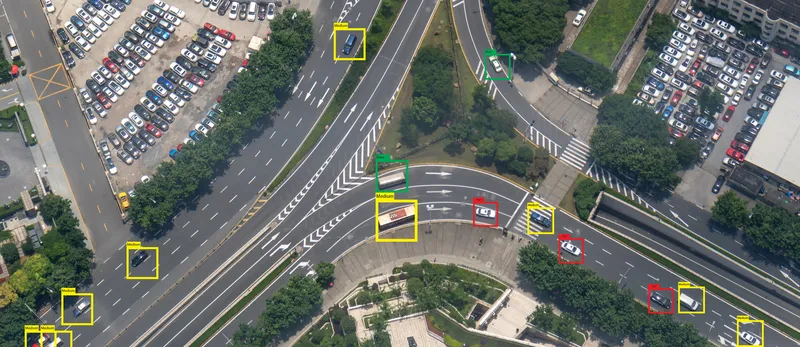The EU's TEN-T Programme is to provide over US$7.4 million funding to support a pilot project which will test and assess cooperative intelligent transport systems (C-ITS) to improve road safety, traffic management and multimodality in France.
The pilot is the first of a two-phase project to study C-ITS and define a national roadmap to enable vehicles communicate with each other and the road infrastructure for greater transport efficiency and increased safety. It will focus on testing C-ITS applications, improving the safety of road users and operating staff during works or maintenance, as well as traffic management and multimodality.
The project will install and test C-ITS in 3000 vehicles and on 2000 km of roads in Ile-de-France, Bretagne, Bordeaux and Isère and on the highway between Paris and Strasbourg. The new C-ITS will also enable communication on traffic interruptions due to obstacles, works or accidents.
The project was selected for funding with the assistance of external experts under the TEN-T Annual Call 2013, priority 'New generation of smart/connected transport'. Its implementation will be monitored by INEA, the
EU to support cooperative ITS in France
The EU's TEN-T Programme is to provide over US$7.4 million funding to support a pilot project which will test and assess cooperative intelligent transport systems (C-ITS) to improve road safety, traffic management and multimodality in France. The pilot is the first of a two-phase project to study C-ITS and define a national roadmap to enable vehicles communicate with each other and the road infrastructure for greater transport efficiency and increased safety. It will focus on testing C-ITS applications, imp
February 16, 2015
Read time: 2 mins










